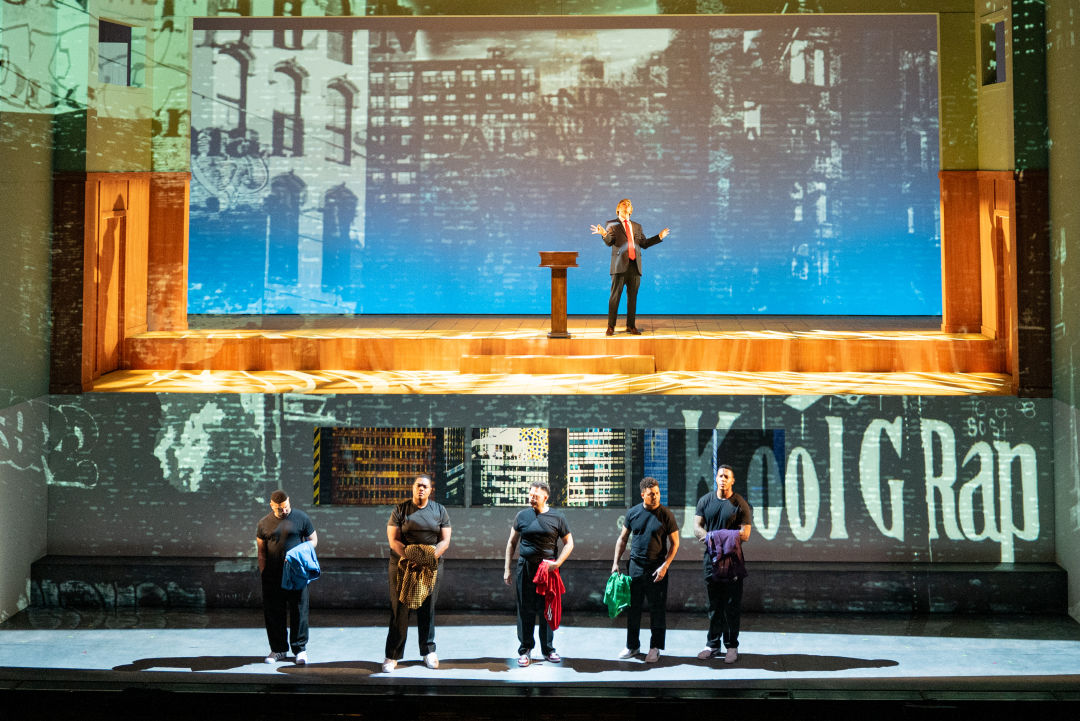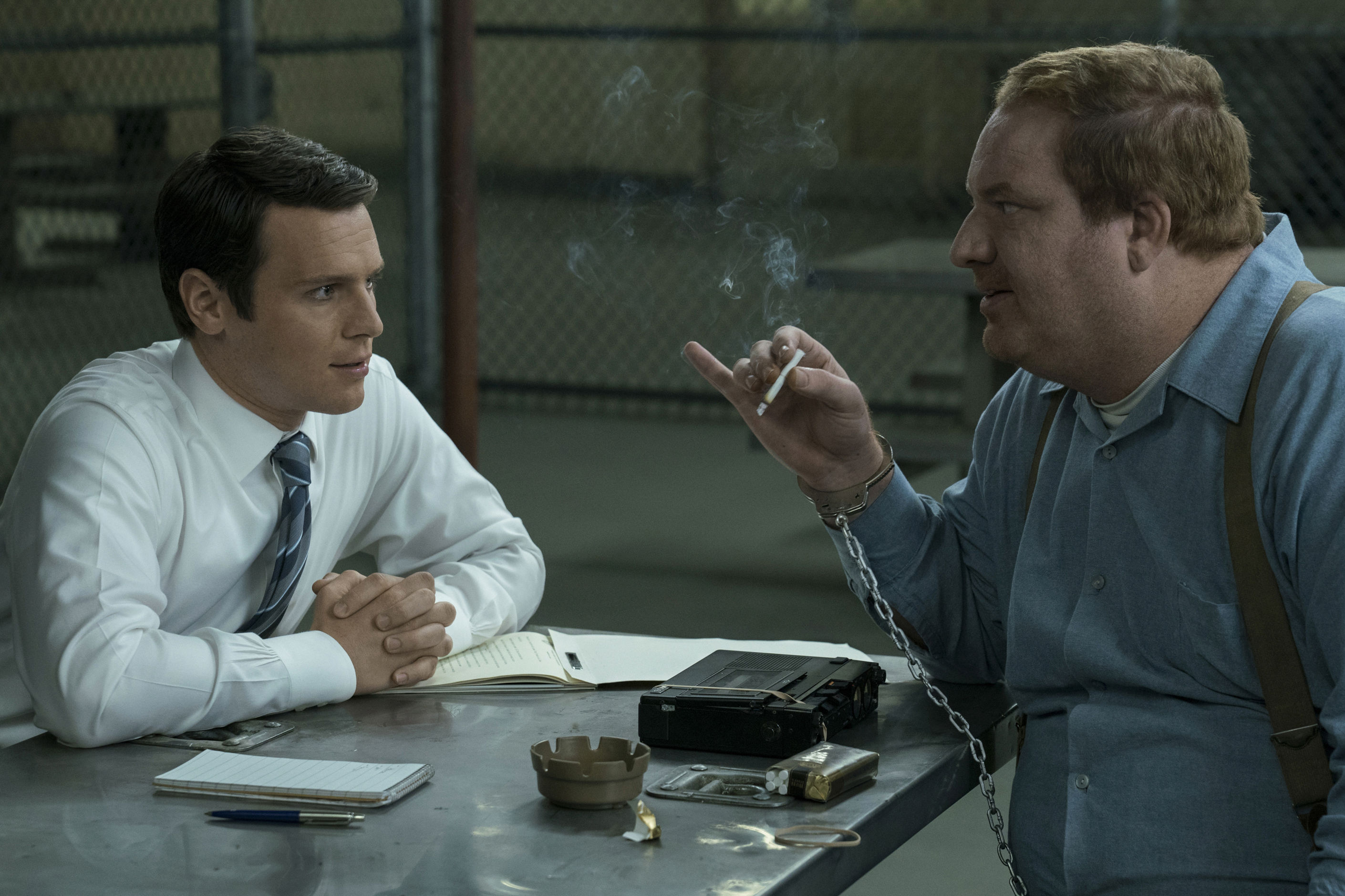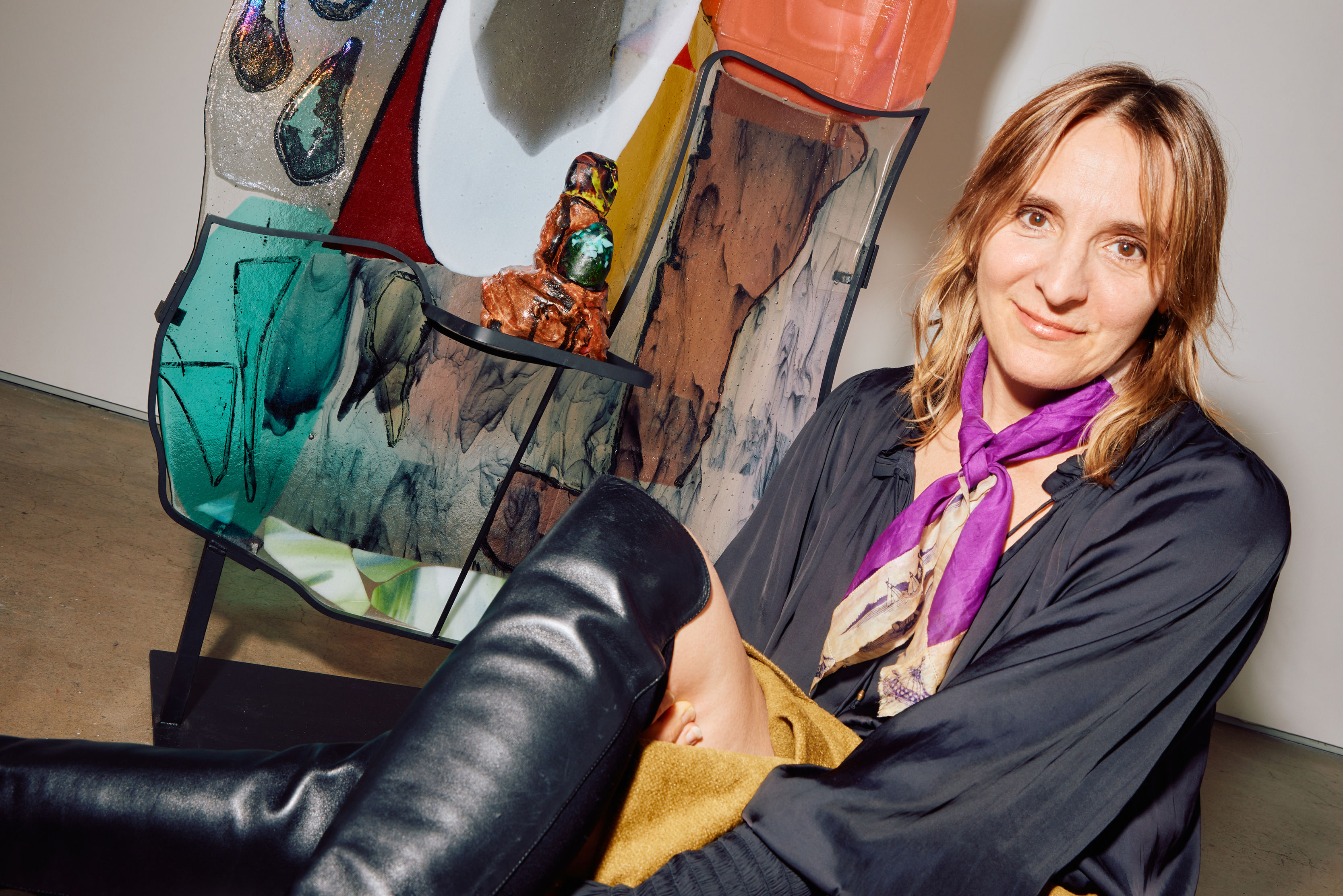Portland Opera Brings The Central Park Five to Life

Christian Sanders, Aubrey Allicock, Bernard Holcomb, Nathan Granner, Victor Ryan Robertson, and Donovan Singletary in The Central Park Five at Portland Opera
The 1989 “Central Park Five” case has been tied in a variety of narrative packages over the years: documentary maestro Ken Burns tackled it in 2012; Ava Duvernay dramatized it for Netflix in 2019. But a month after Duvernay’s version hit streaming, a decidedly different presentation of the story premiered at the Long Beach Opera in Orange County.
Beefed up from a 2016 New Jersey workshop, The Central Park Five, by celebrated composer Anthony Davis, blew the real-life story’s tragic dimensions up into the stuff of arias and cadenzas. Critical acclaim ensued, and the Pulitzer committee took notice: the piece was awarded the 2020 Pulitzer Prize for music, becoming the 11th opera to claim the title. Now, in 2022, it comes to the Newmark Theatre in a new production by Portland Opera.
“The beauty of telling this story as an opera is that music is universal,” says Nataki Garrett, who’s taking a break from her perch as artistic director of the Oregon Shakespeare Festival to direct the production. “The music enters your spirit and affects your heart, and it deepens your empathy long after you leave the opera house.”
For those unfamiliar with the real-life story: In April 1989, 28-year-old Trisha Meili was assaulted in Central Park while jogging. After a much-publicized legal case, Yusef Salaam, Raymond Santana, Kevin Richardson, Antron McCray, and Korey Wise—Black and Latino teenagers ranging in age from 14 to 16—were convicted of the attack, serving six to 13 years apiece. Then, in 2002, an inmate in upstate New York confessed to Meili’s assault, and Salaam, Santana, Richardson, McCray, and Wise’s convictions were vacated.
Davis’s opera foregrounds the five boys, also checking in with their parents, the actual assailant, the district attorney on the case—and Donald Trump, who was, at the time, taking out full-page ads in New York newspapers calling (obliquely) for the teens’ execution. There are obvious risks in mounting a production that features such a well-covered lightning rod as a character, but Garrett is undaunted. “The Central Park Five is about how five children experienced a system that was built to oppress them. Trump wrote himself into the story,” she says. “I handled the material and the character the way that it was written, but it must be understood that he is not the story.”
The bigger challenge? “Time,” says Garrett. The entire rehearsal process for The Central Park Five—a two-and-a-half hour opera with a cast of 12—lasted just over three weeks on the comedown from an enormous COVID surge. (Until tech, the company carried out their vocal acrobatics in masks.) “New stories of any form need time to evolve,” Garrett says, acknowledging the time crunch. “We got it done nonetheless.”
Musically (and perhaps predictably), The Central Park Five is a departure from your Madame Butterflys or your La Bohèmes. It loops in sounds and rhythms Davis has played with in his previous works for the stage, including X, The Life and Times of Malcolm X and Wakonda’s Dream. “Mr. Davis really manages to create a sound world that’s very evocative of the time,” says Kazem Abdullah, the production’s conductor. “He’s not only using late modernist music. He has a great command of how to incorporate jazz; there’s one part of the opera called ‘We Are the Streets,’ and it’s kind of a groovy funk section.” The 20-person orchestra at Abdullah’s command includes both a baritone sax and a Kurzweil synthesizer.
As opening night approaches, Adbullah is excited to present such a nontraditional show to Portland Opera’s patrons. “There’s a reason why the piece won the Pulitzer Prize,” he says. “It’s an amazing composition and an amazing opera. And there’s not so many operas that tell stories that still deal with present-day issues.”
Garrett, too, notes the contemporary resonances. “We live in a society that still makes it possible for people to have these experiences,” she says. “These men are still alive and they are still living in the aftermath of the terrible injustice they experienced as children. We are honored to hold their stories and tell their collective truth.”
The Central Park Five
7:30 p.m. Fri & Sun, March 18, 24 & 26, 2 p.m. Sunch, Mar 20, Newmark Theatre, $35–210




